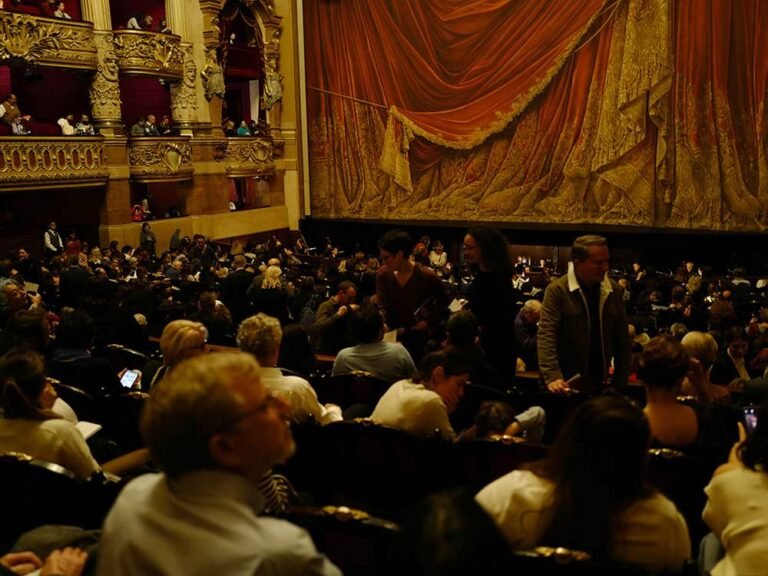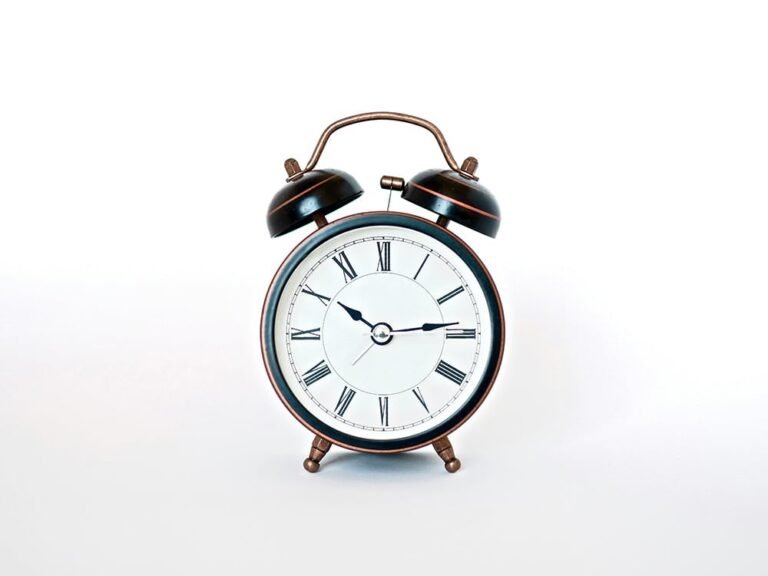paint
French words for “To Paint,” “Paint,” “Painter,” and “Painting” French words associated with painting: 1. To Paint: “Peindre” (Verb) The French verb for “to paint” is peindre. It’s an irregular verb, so its conjugations in various tenses don’t follow regular patterns. Conjugation of “peindre” in the present tense: Example: Conjugation of “peindre” in the past…









